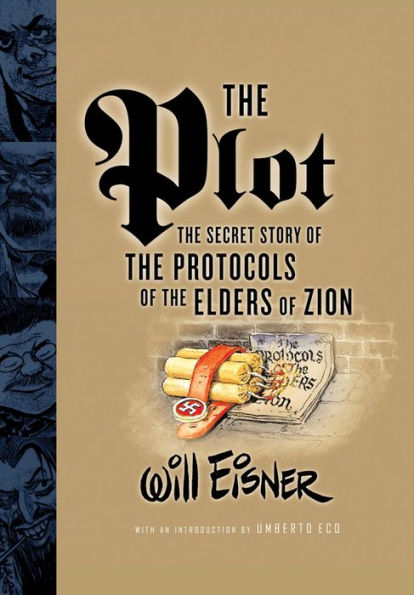Home
the Perennial Conspiracy Theory: Reflections on History of Protocols Elders Zion
Barnes and Noble
the Perennial Conspiracy Theory: Reflections on History of Protocols Elders Zion
Current price: $66.99


Barnes and Noble
the Perennial Conspiracy Theory: Reflections on History of Protocols Elders Zion
Current price: $66.99
Size: Hardcover
Loading Inventory...
*Product information may vary - to confirm product availability, pricing, shipping and return information please contact Barnes and Noble
The Perennial Conspiracy Theory
is a collection of essays on
The Protocols of the Elders of Zion
, a fake document which has created a pernicious antisemitic conspiracy theory.
The author analyses the murky origins of this notorious forgery and the contested claims of authorship. He explores the impact of the
Protocols
on various countries during the interwar years including Soviet Russia, the United Kingdom, France, Nazi Germany, and the United States. He also profiles figures closely associated with the dissemination of antisemitic conspiracy theories, such as Sergei Nilus and Leslie Fry, as well as examining the controversies arising from the famous Bern trial related to the
. The book concludes with an assessment of the ongoing influence of the
in post-Soviet Russia.
This volume will be of interest to researchers and students working in the fields of antisemitism, conspiracy theories, the far right, Jewish studies, and modern history.
is a collection of essays on
The Protocols of the Elders of Zion
, a fake document which has created a pernicious antisemitic conspiracy theory.
The author analyses the murky origins of this notorious forgery and the contested claims of authorship. He explores the impact of the
Protocols
on various countries during the interwar years including Soviet Russia, the United Kingdom, France, Nazi Germany, and the United States. He also profiles figures closely associated with the dissemination of antisemitic conspiracy theories, such as Sergei Nilus and Leslie Fry, as well as examining the controversies arising from the famous Bern trial related to the
. The book concludes with an assessment of the ongoing influence of the
in post-Soviet Russia.
This volume will be of interest to researchers and students working in the fields of antisemitism, conspiracy theories, the far right, Jewish studies, and modern history.

















